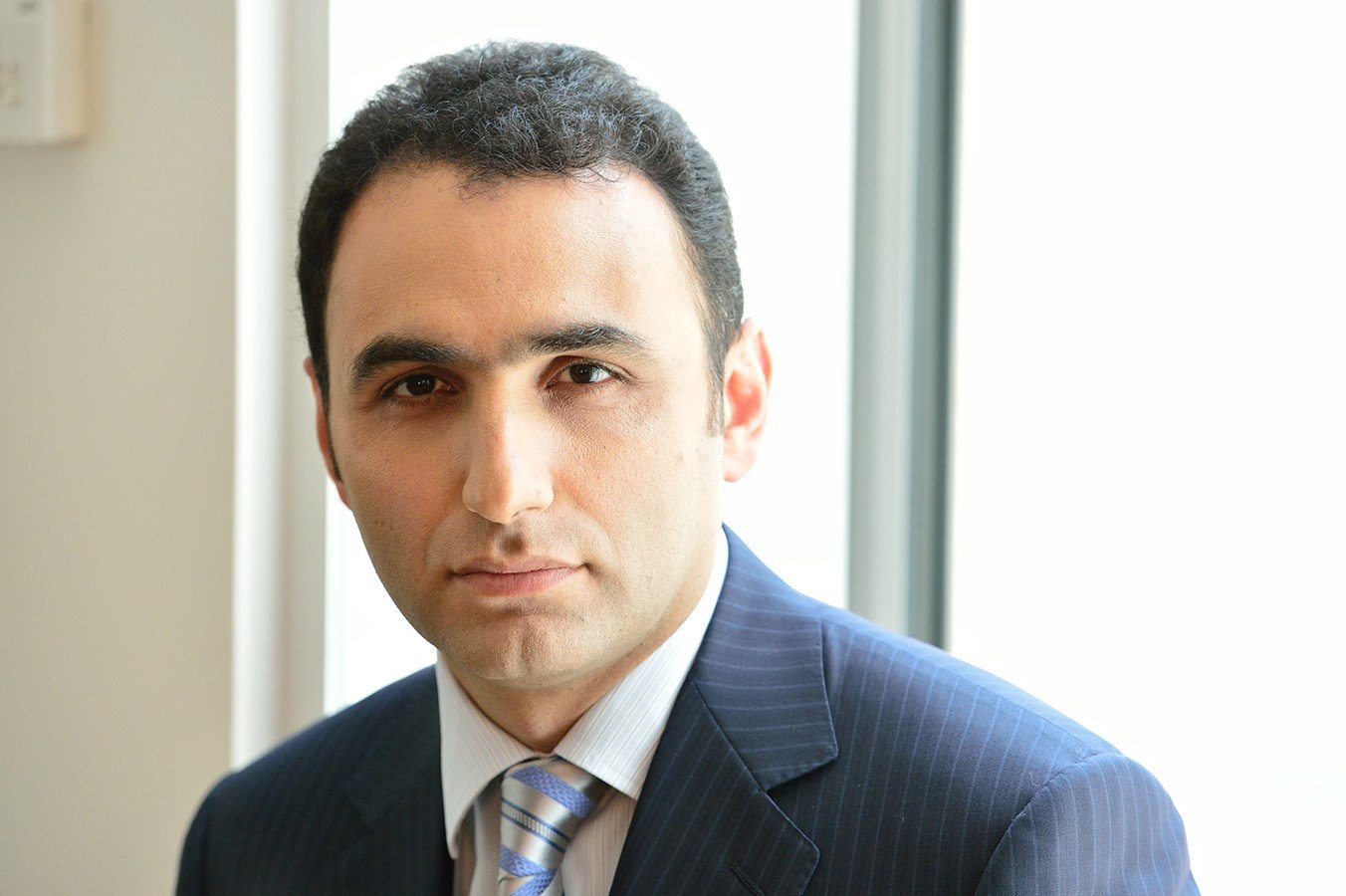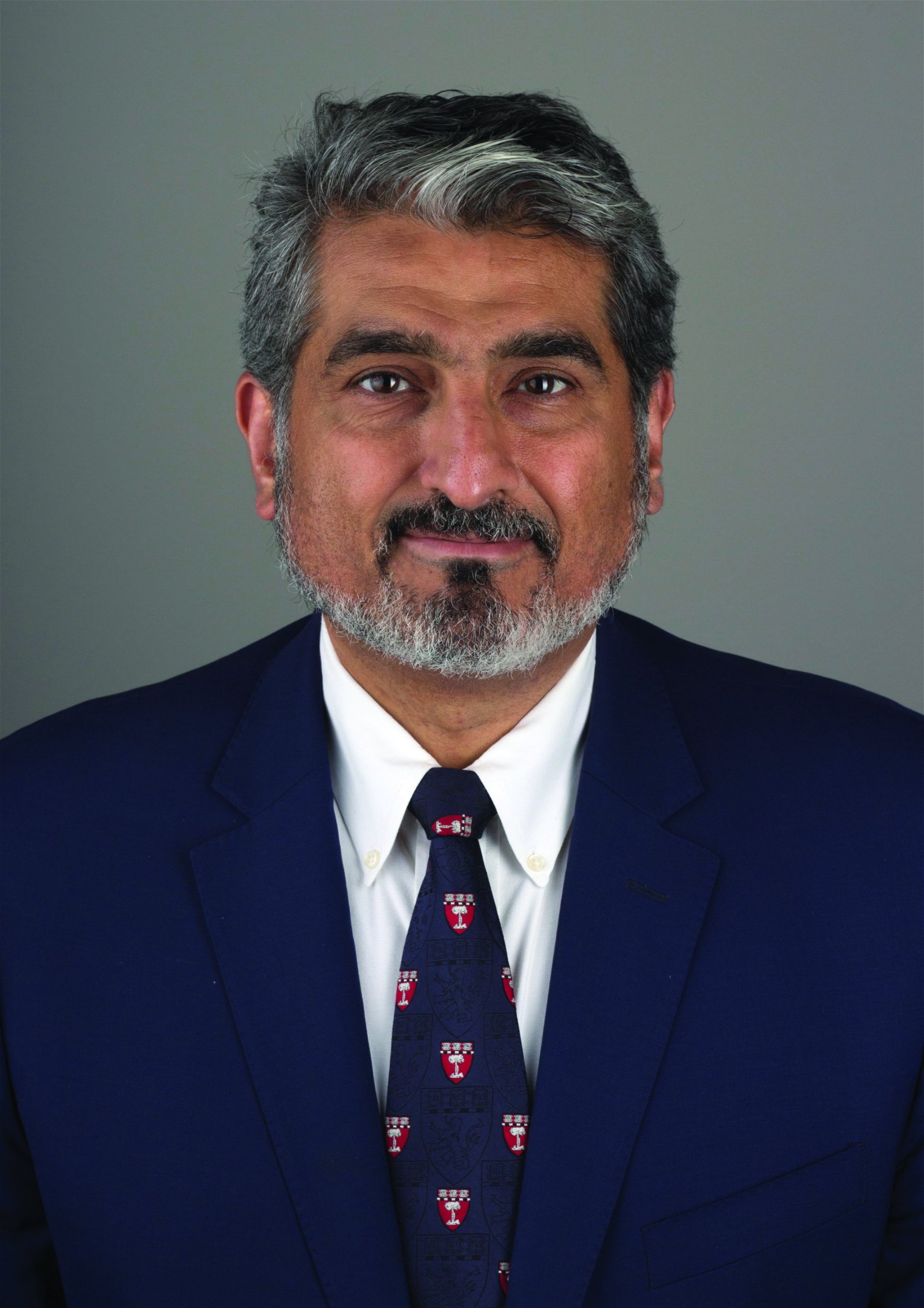
First of a multi-part series, this article was originally published in Armenian by Mediamax on May 24, 2022.
Avetik Chalabyan’s legal representatives have published his article penned at the Armavir Penitentiary Institution, where the co-founder of ARAR Foundation is currently being held under trumped up charges.
The resistance movement in Armenia is evolving and gradually gaining momentum, as it is entering its second month. This movement has made it abundantly clear that Nikol Pashinyan’s public support is eroding day by day, and his removal from power is only a matter of time and format.
As I am composing this letter, Pashinyan is in Brussels facing a difficult dilemma. Externally, he is faced with an overt campaign of coercion by foreign powers, and internally he is subjected to a campaign of peaceful disobedience that will negate his dubious anti-Armenian plans.
He will try to maneuver between these two poles and spin each according to his plans; however, the end of his game is near and clear, where a decisive reversal of fortune is possible at any given moment.
The real choice is not whether Pashinyan will stay or leave. Rather, it is the path that Armenia will choose to follow after his removal from office.
Although the public discourse is revolving around who will replace Pashinyan, it must be focused on what will happen after his removal from office, and what are the radical changes that we must introduce into our lives to end this historical, vicious cycle of misfortunes, and ultimately build a lasting and viable state.
We must be honest with ourselves and accept the fact that, while Pashinyan is the living embodiment of our failures, he certainly is not the reason. For that, we must look at our 600 or so years of stateless history, during which time we have lost a significant portion of our national heritage; withered our merits in other pursuits; replaced our unity and resolve with unprincipled adaptability; and embraced laziness, pettiness, ignorance and arrogance.
We owe our national revivals in the 19th and 20th centuries to the superhuman efforts of a small minority of educated and creative individuals, who faced the deeply rooted materialism, xenomania and unprincipled adaptability of the majority, that eventually led to our loss of statehood in 1921, and a repeat of the exact same scenario 101 years later, at the moment. Yet again, a weakened and confused Armenia is trapped between a ferocious and anti-Armenian campaign of pressure waged by the Azeri-Turkish tandem, a Russia unsure of its abilities and ready to make concessions on our behalf, and a profoundly indifferent West filled with false and far promises, where it is forced to choose between bad and worse again. However, while there are similarities between the dismantling of the Armenian state now and 101 years ago, there are essential differences as well.
the fighting spirit of Armenians is far from exhausted.
These challenges notwithstanding, the fighting spirit of Armenians is far from exhausted. Armenians in Armenia, Artsakh and Armenia-centric segments of the Diaspora are capable of fighting against the current efforts to dismantle the Armenian state and start the process of undertaking vital changes for a new Armenia.
What is the essence of these changes? It is no secret that Armenia and Artsakh have lost a significant part of their geopolitical importance and have ended up with a diminished role in regional politics. In order to restore this role and the balance of regional power, three radical changes must take place simultaneously in the next 20 years or so.
First, Armenia’s population must grow following a 30-year period of decline. Population growth in Armenia and Artsakh must exceed those of the neighboring Turkish states.
Second, Armenia’s economy must be radically rebuilt, forging a growth rate capable of doubling the size of the economy every 10 years. Qualitatively, the economy must also be more technologically developed than its neighboring countries.
Finally, the Armenian Army and the remaining armed forces and security structures must become the best in the region. At the very least, they have to have equal capabilities and quality with those of the neighboring countries.
Upon completion of these three steps, Armenia will restore its standing, engage its archenemies from a position of confidence, and pursue its national interests consistently and unapologetically.
However, we have yet to reach this point. And as of now, the path to this point is foggy and appears unattainable. I will discuss the path and the means to get there in subsequent articles. At the moment, the decision is between an Armenia replete with unprincipled adaptability and laziness, descending to its demise and an Armenia that brings its full resolve and creativity over the next few decades to ensure its viability and prosperity. Today, the Armenian population on the streets must take this decisive step and not only remove this weak and feeble government, but also be ready to roll up its sleeves over the next few years to build the strong, viable and unified Armenia of our dreams through individual and collective effort and sacrifice, guided by capable leadership.



Finally, somebody started making sense. One minor comment for item #1.
Avetik mentions that we, as a nation have developed “unprincipled adaptability; and embraced laziness, pettiness, ignorance and arrogance”. But does not address how this can be changed. Item #1 is about population growth. How about establishing the Values that our people can internalize, and the Culture that we can adopt. By culture I mean a set of beliefs and behaviours.